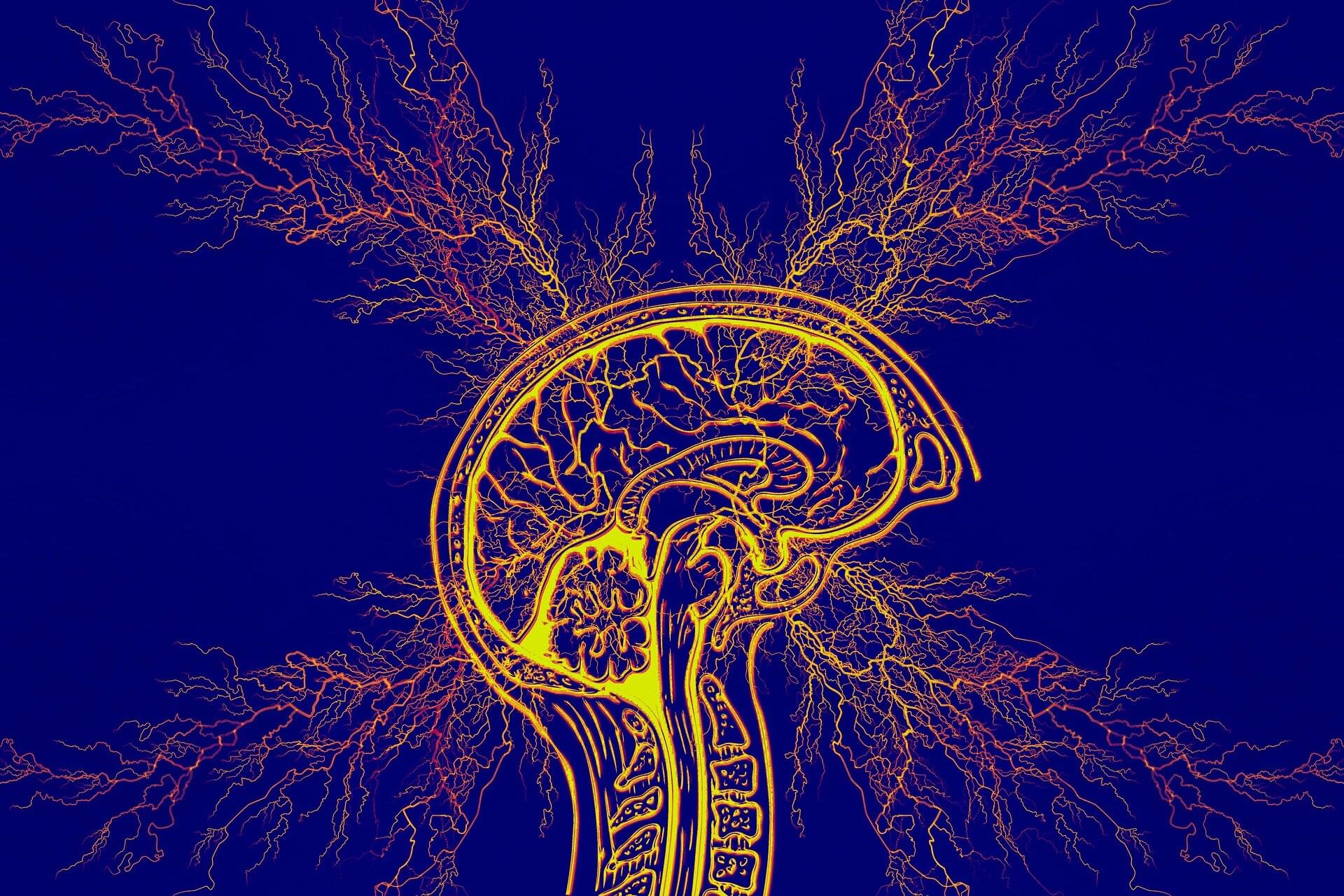A rebrand for proteasome inhibition in solid tumors.
In this Research Letter, Jonathan M. Hernandez & team investigate the potential of hepatic artery infusion pump delivery of carfilzomib, to continuously direct a large dose to the tumor with least hepatic toxicity.
Address correspondence to: Jonathan M. Hernandez, National Cancer Institute, NIH, 10 Center Drive, Room 4W-3752, Bethesda, Maryland, 20,892, USA. Email: Jonathan. [email protected].




